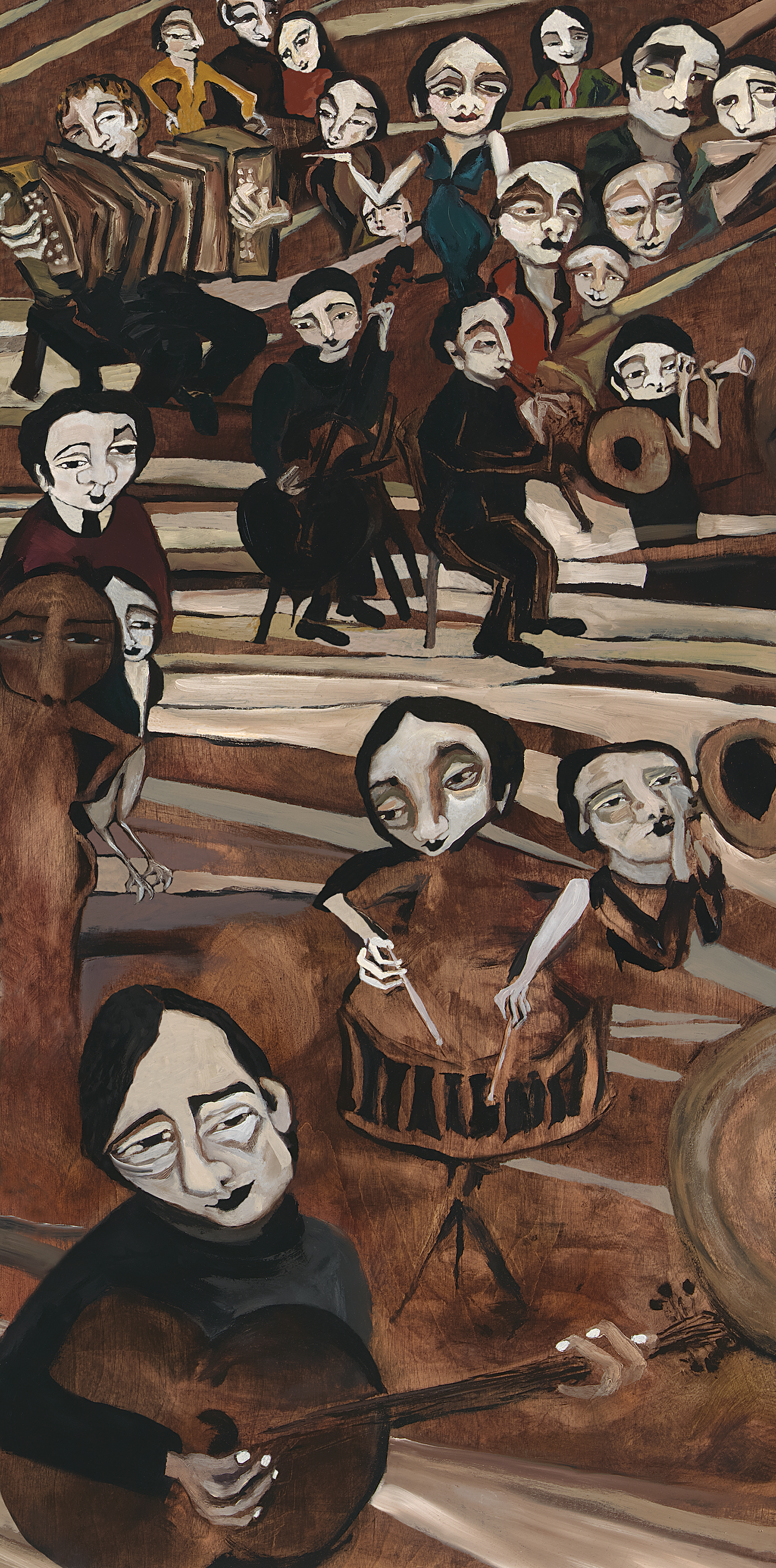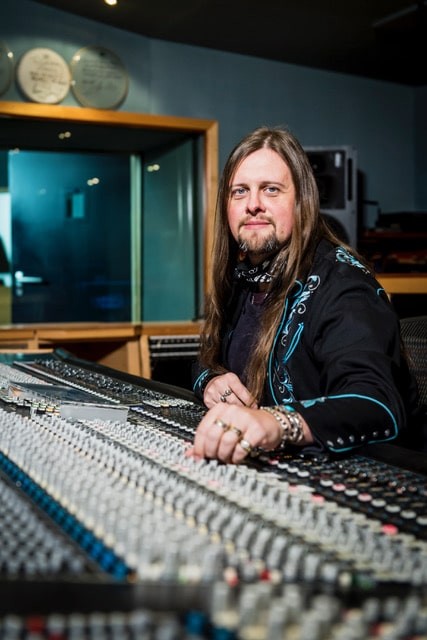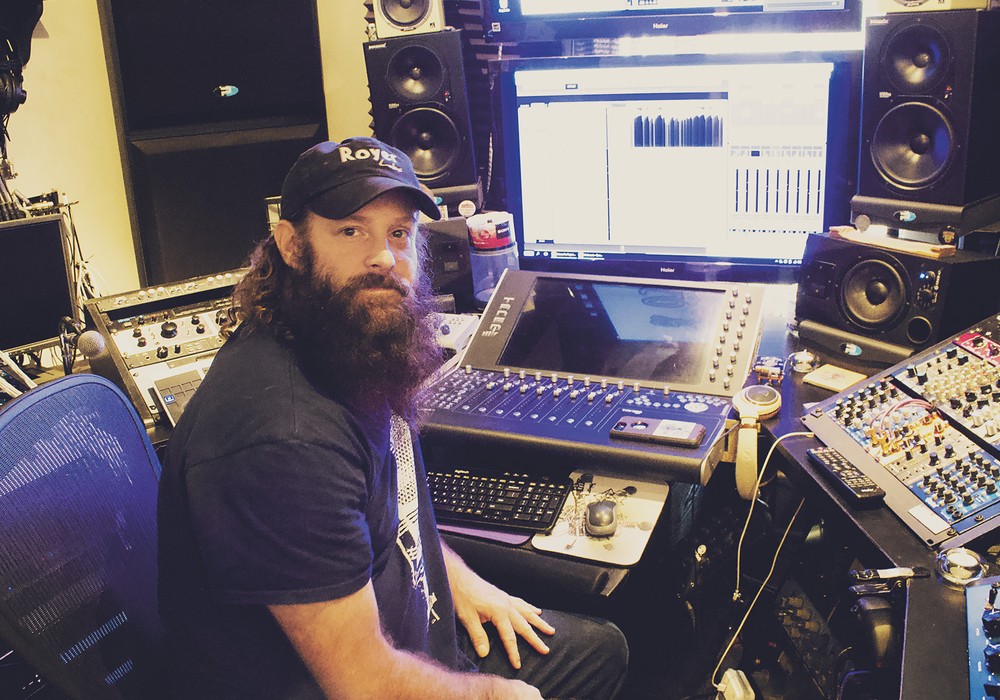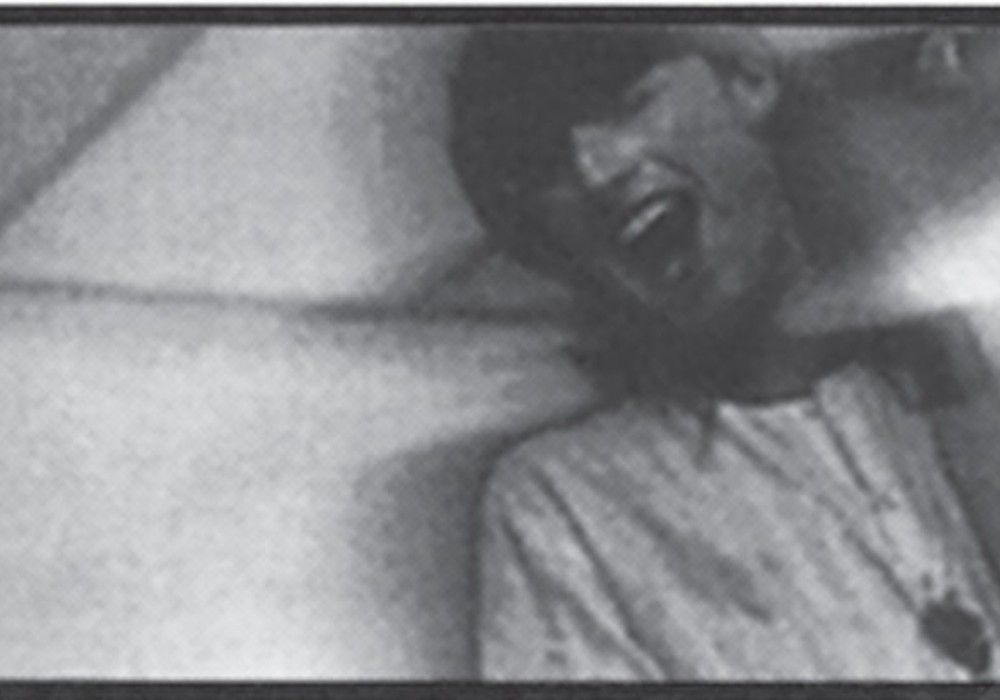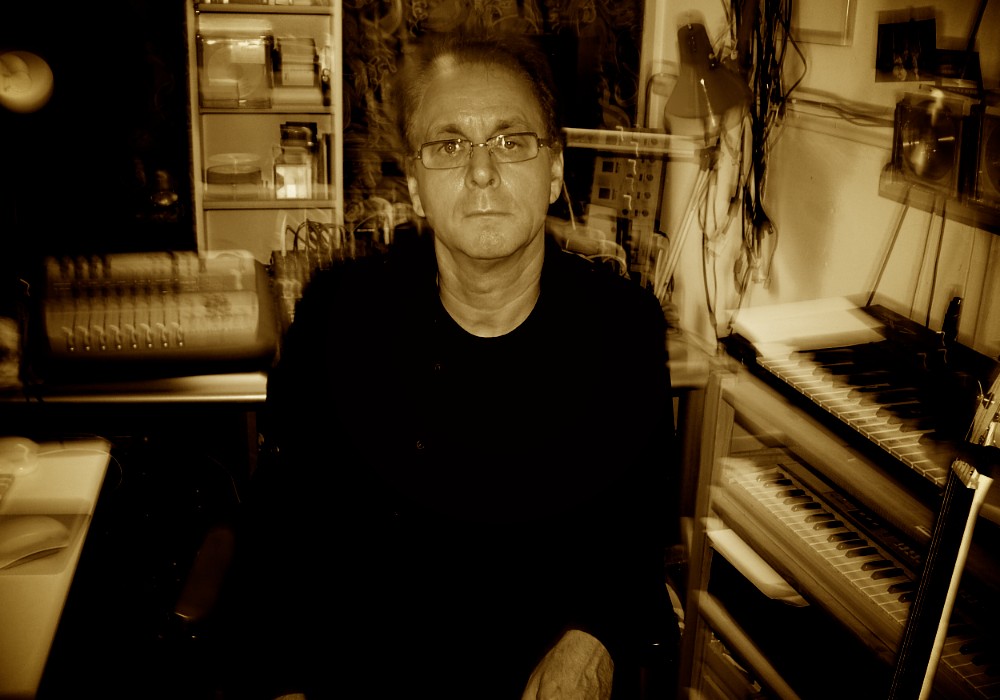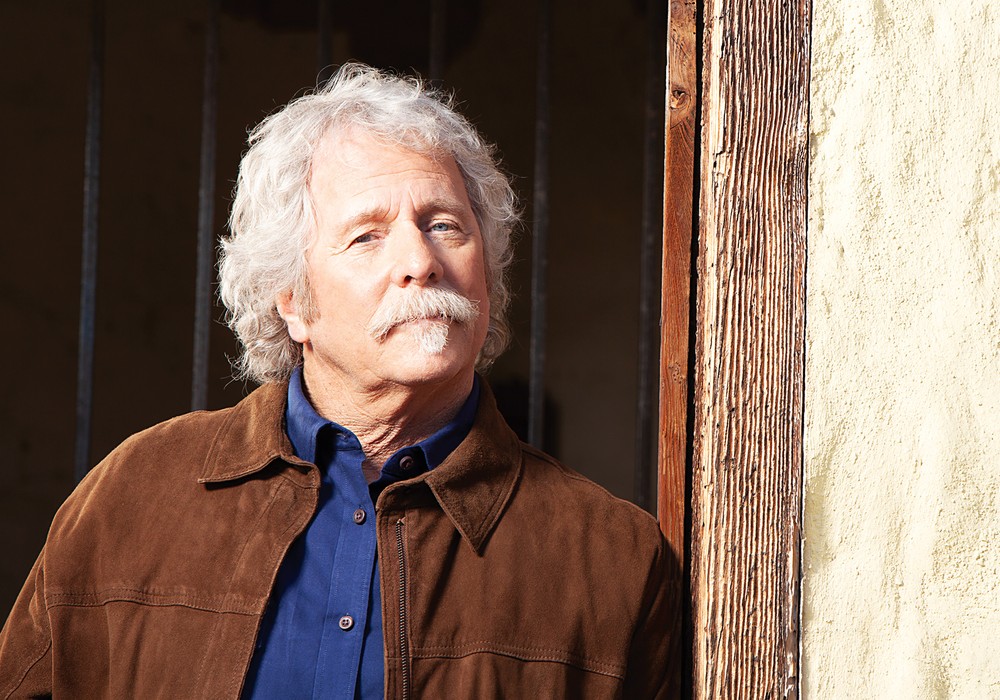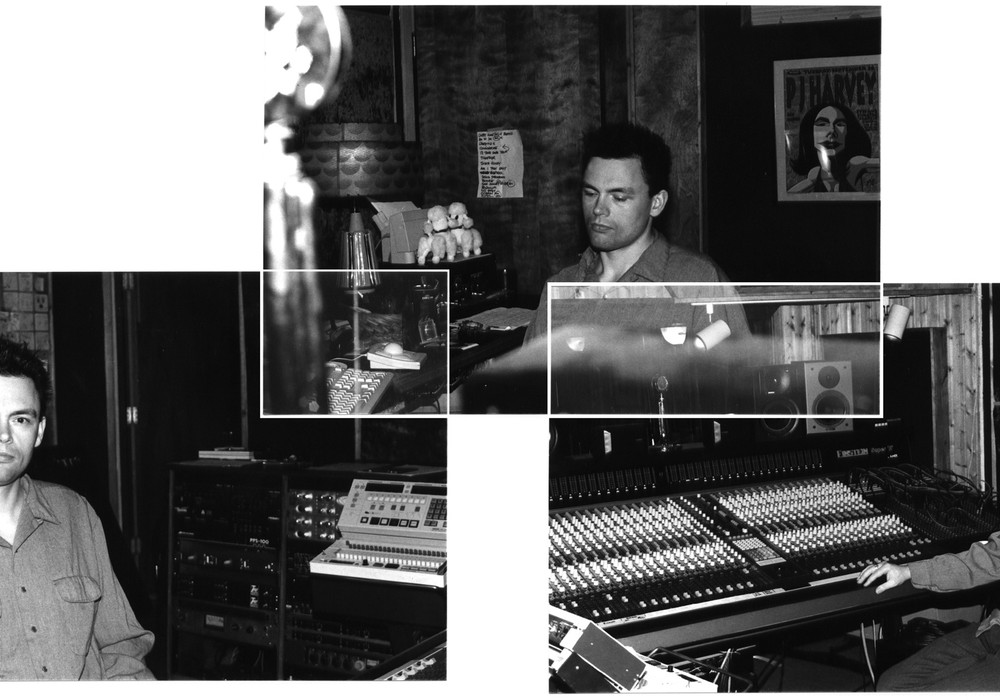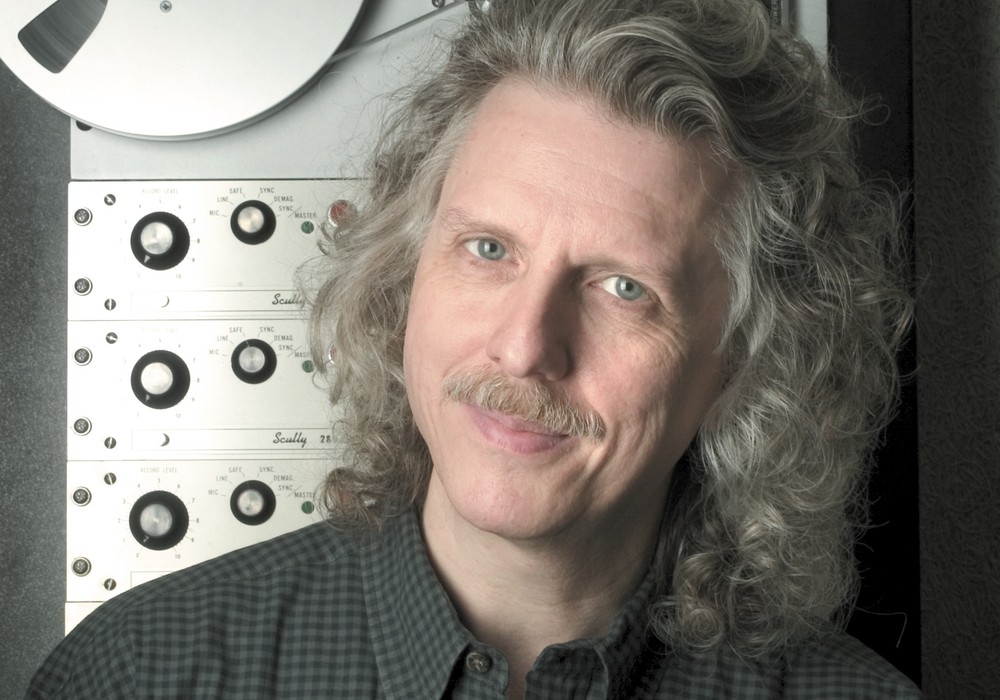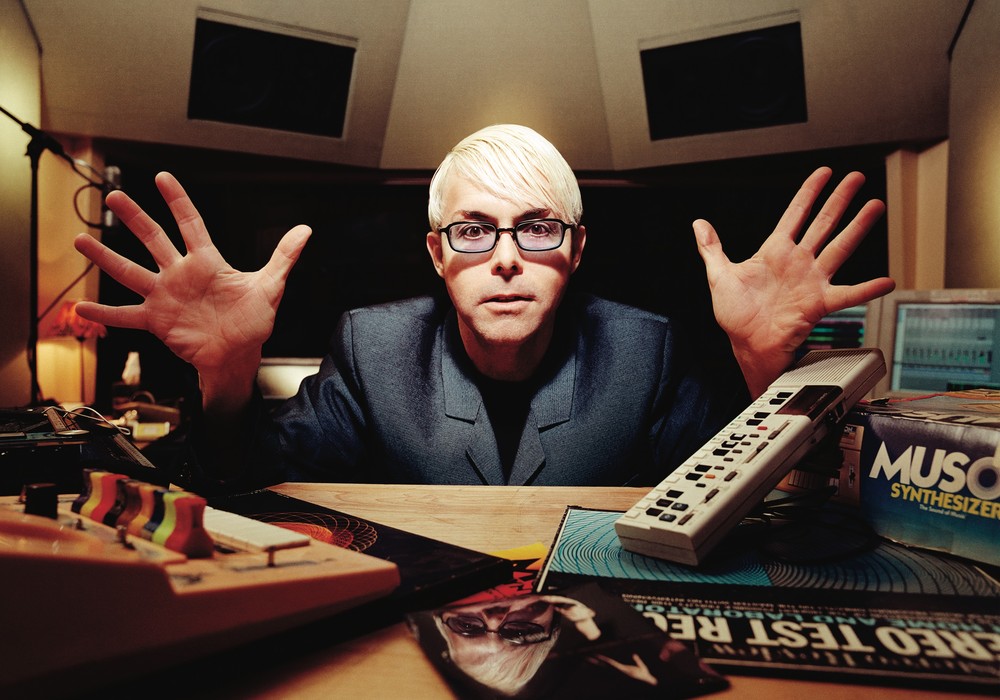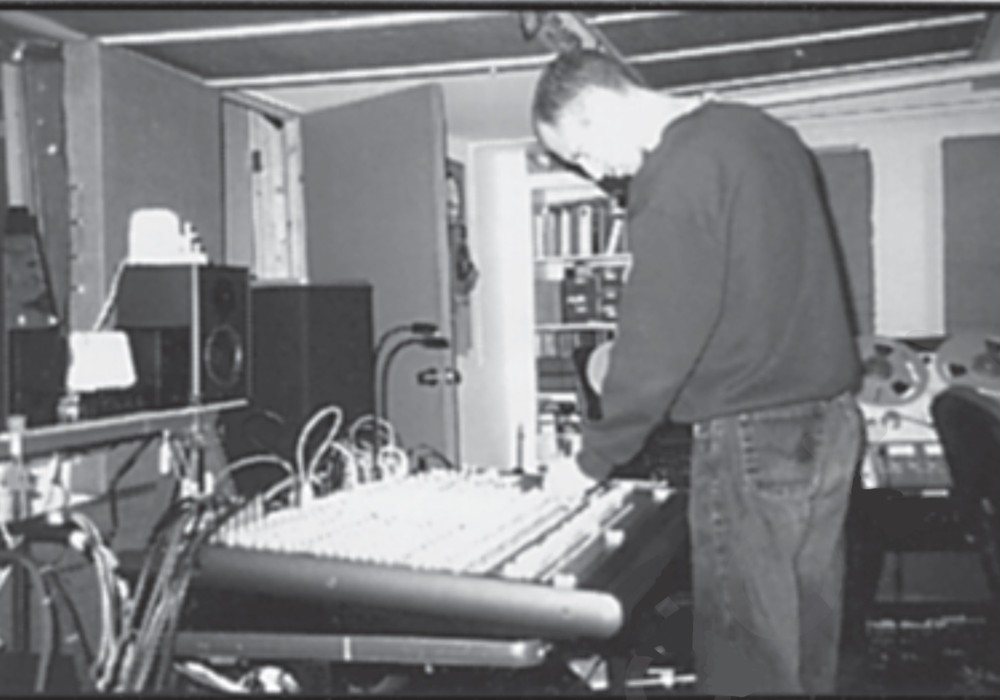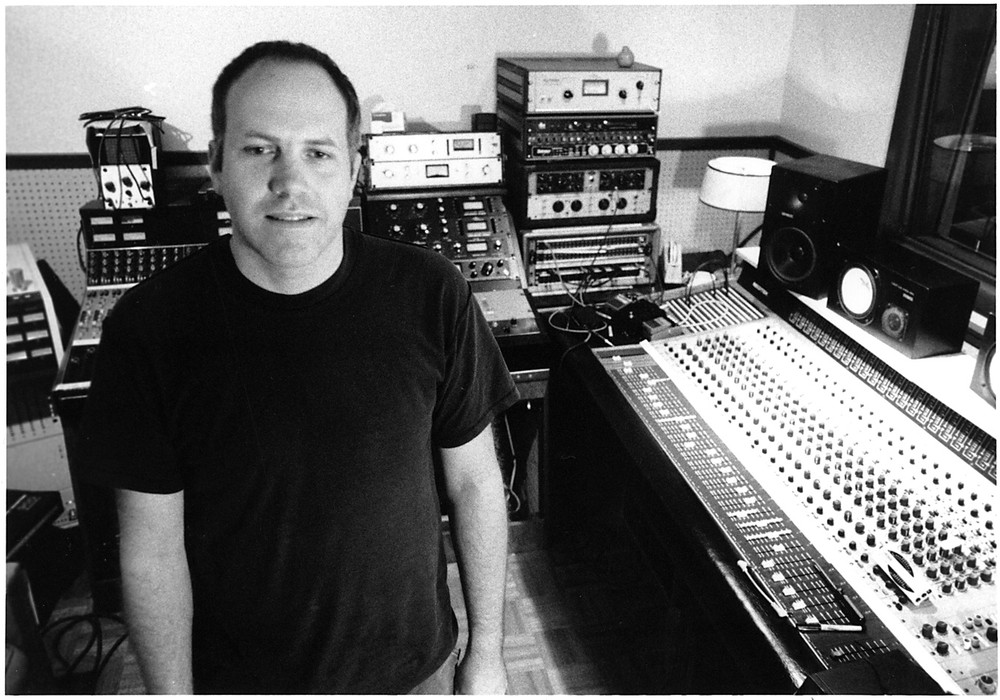Where in Belgium were you born?
I was born in Duffel in 1977.
Were you interested in music from an early age?
Before I was born, my mom was a prima ballerina at the Belgian national ballet [Royal Ballet of Flanders] and my dad was a technician and representative for Studer, ReVox, and EMT. So, music has always had a large place in our family. Mom’s influence is one hundred percent classical music, and from dad I got Pink Floyd, Creedence Clearwater Revival, Deep Purple, Gilbert Bécaud, Jacques Brel, and Johan Verminnen.
Why did you decide working in a recording studio was for you?
It was my dad who introduced me to the industry. I had been playing guitar for a while, and a roadie for local bands, but the world of sound was unknown to me. Dad took me to see Herman Wilms, the head of the Audio Engineering Society Europe. We had a long chat and he told me that if I wanted to learn about all this I needed to go to London. He gave me a list of colleges to check out and that is what I did.
Did you play with electronic gear and tape recorders as a child?
No, I didn’t. Because of my dad’s job we always had amazing playback systems in the house, so I was always surrounded by great audio gear. When we talked about me possibly pursuing a career in audio, my dad handed me a ReVox G 36 1/4-inch machine that had been water damaged. He told me that if I was serious about this I should take it apart, clean it, replace the dead components, and if it worked I would be ready to go. Well, it worked.
Did you train to be an engineer after leaving school?
I did. In Belgium, you have to go to school until the age of 18. I went to university for two years, then went to London to study engineering at college, followed by university in Germany.
Did you work with analogue equipment?
Oh yes, I was trained on analogue and still work with as much analogue equipment as possible.
How long does it take to train as an engineer?
It never stops. I always learn new things every day. I learned the theoretical basics pretty quickly, however, putting the knowledge into practice in the real world is another matter.
Where did you first work after training?
My first proper recording sessions were with my mentor, Mike Skeet. The first name-worthy artist I recorded on those sessions was [Austrian pianist] Alfred Brendel at the Wigmore Hall in London. The first professional recording studio I worked in was Galaxy Studios in Belgium.
Do many studios still use 24-track analogue as well as digital equipment?
Most professional studios that originally had a tape machine will still have it. Whether it is in use or not is a different matter! More and more, people are realising the affect analogue tape has on sound, so there is a bit of a resurgence and machines are getting dusted off. I see a lot of hybrid situations now where the basics will get tracked on tape and then transferred into the digital domain. Additional overdubs will then be done digitally, and sometimes the whole mix will then be laid back to analogue tape.
Do you prefer mixing, recording, or both equally?
I like both. They occupy a different head space. Recording requires you to capture the sounds as accurately as possible, giving the mix engineer the best tools to work with. When you are mixing you are more like a sculptor or painter putting all those components together to create something that is bigger than just the sum of the individual parts.
After mixing, are the tracks transferred to a single hard drive?
A project tends to sit on a hard drive from recording all the way to the release. For example you record in studio A. You then take that project drive to studio B to mix. The end product of the mix is a stereo file which will then be delivered to the mastering house. From there the stereo master will be delivered to digital...
